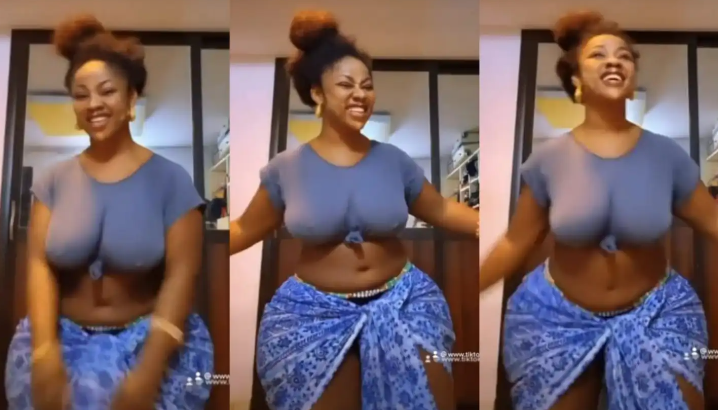
The depiction of a 19-year-old woman flaunting her physical attributes and curves in a video raises ethical concerns regarding the objectification and exploitation of young individuals. In today’s digital age, where social media platforms amplify such content, it’s crucial to consider the potential implications on both the individual’s self-esteem and societal perceptions of beauty.
Firstly, the portrayal of beauty through flaunting physical assets perpetuates unrealistic beauty standards and can contribute to feelings of inadequacy among viewers. Young women may feel pressured to conform to narrow standards of beauty, leading to issues like body dysmorphia and low self-esteem. Moreover, such content reinforces the harmful notion that a woman’s worth is determined by her physical appearance rather than her character, talents, or achievements.
Secondly, the sexualization of young women in media can have lasting psychological effects, especially considering the vulnerable age of the individual in question. Exposure to objectifying content at a young age can shape one’s perception of self-worth and relationships, potentially leading to unhealthy behaviors and relationships in the future. It’s essential to promote messages of empowerment and self-respect, rather than objectification and validation through external appearance.
Furthermore, the widespread dissemination of videos showcasing young women flaunting their bodies can contribute to the normalization of objectification and sexualization in society. This normalization perpetuates a culture where individuals, particularly women, are valued primarily for their physical attributes rather than their intellect, skills, or character. It’s crucial for media creators and consumers alike to critically evaluate the messages being perpetuated and advocate for more diverse and inclusive representations of beauty and worth.





